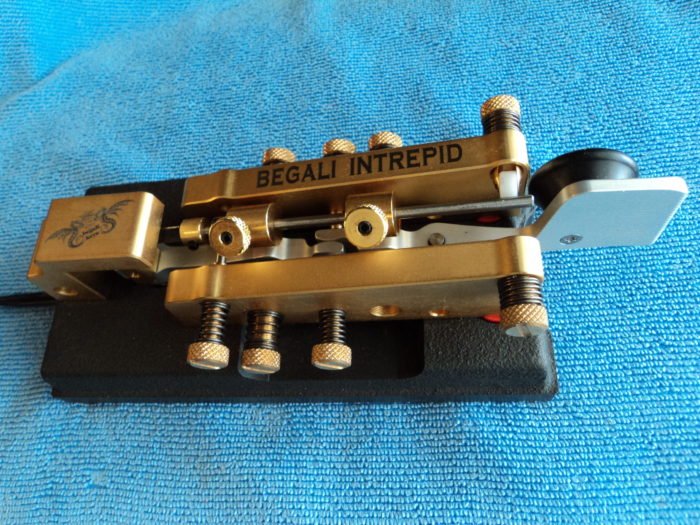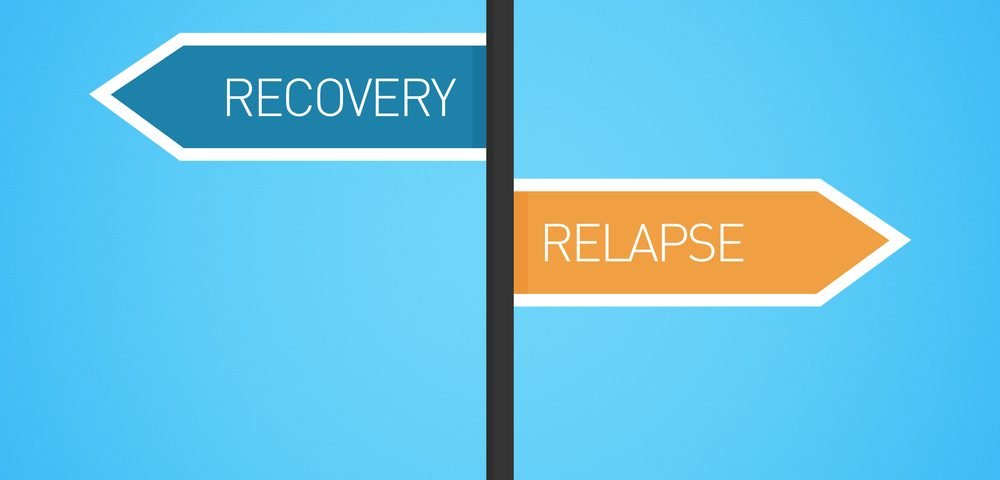I speak Morse code. Dits and Dahs.
It’s my second language, and I’m fluent.
I’ve been speaking Morse code since I got my ham radio license nearly 63 years ago. (My call letters are KR3E.) At first, I received what was sent at a very slow speed of five words per minute, hearing o-n-e l-e-t-t-e-r a-t a t-i-m-e and writing each on a pad. Later, I would hear whole words, not just letters. Eventually, I heard full sentences, with no need to write anything down. It’s called “head copying,” and I can cruise along at about 25 words per minute.
Here’s what Chapter 3 of “Moby-Dick” sounds like at that speed.
Dits and Dahs are great for my multiple sclerosis
Morse code has been good for my brain, my body, and my soul.
When sending dits and dahs (dots and dashes), my brain needs to understand what I’m thinking, quickly convert it to Morse code, and then tell my fingers to move a telegraph key in a certain pattern. While my fingers are doing that, my brain needs to be thinking about the words I’m going to send next. When the ham operator on the other end of this conversation is sending, my brain has to reverse the process.
Listening to Morse stimulates my mind and my memory. “Speaking” with my fingers helps to maintain their dexterity and coordination.
In 2007, I participated in a University of Pittsburgh study involving the memory part. The researchers were studying verbal working memory, the brain’s ability to retain information for a brief time and then access it later. They concluded that Morse functions like “reading for the ears.”
When listening to another ham with a good “fist,” Morse code is music to my ears. It’s also a great stress reliever, and stress can trigger MS flares.
Other hobbies can help with some of this
Your hobby doesn’t need to be ham radio. It might be music. Playing an instrument seems to have benefits similar to those of Morse code.
The MS Trust website has highlighted some people with MS who sew, do needlework, bake, and even ride motorcycles. (I’ve written about some MS bikers, and they amaze me.) Several years ago, I tried therapeutic horseback riding, which was fun and helped me improve my core and leg muscles.
If your physical problems limit what you can do, you might think about volunteering for a charity or taking an adult education class. You might even write an MS blog like this one. On second thought, that might not be very good for your stress.
(This post first appeared as my column on the MS News Today website.)



